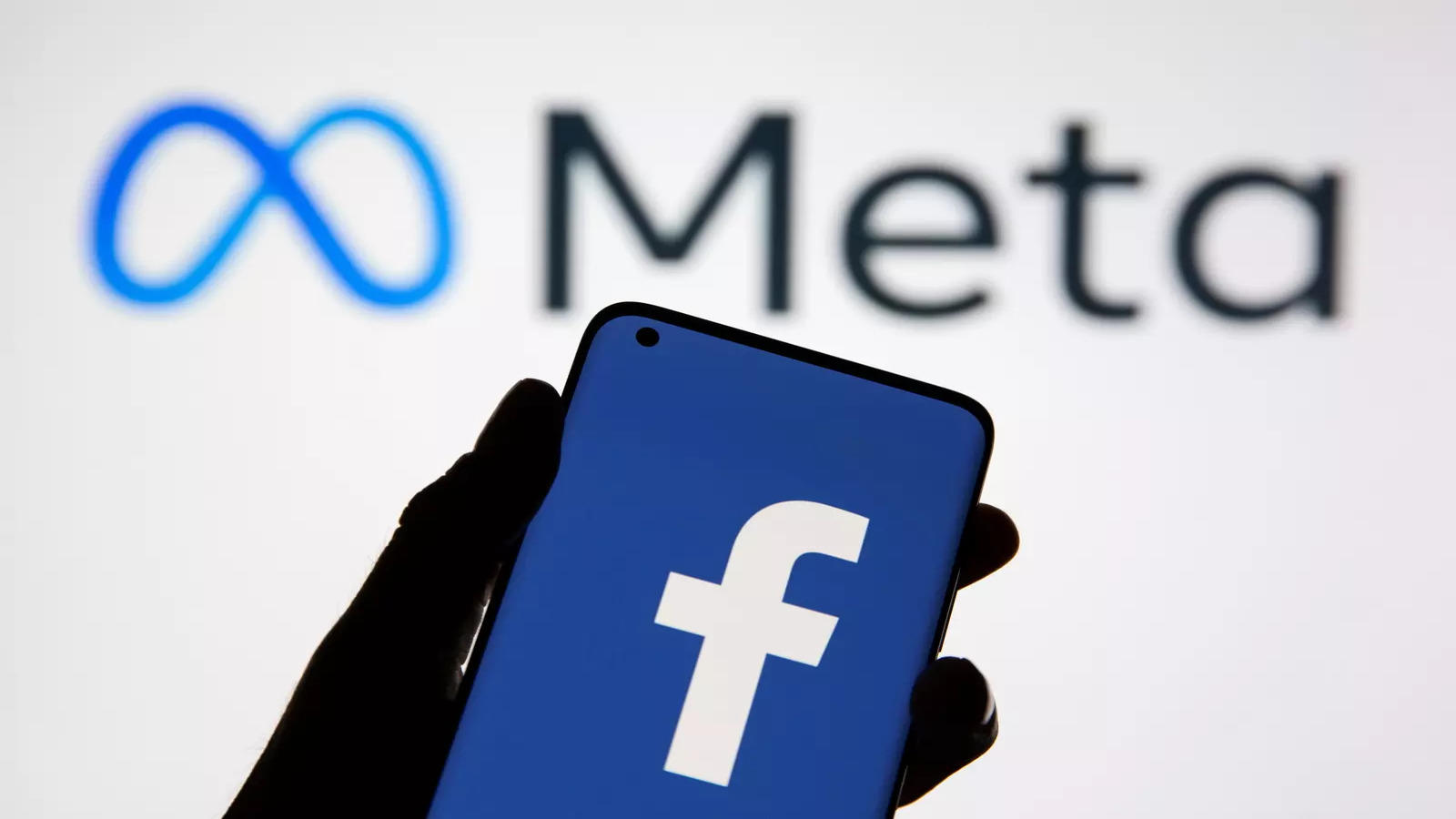Meta, previously known as Facebook, has recently made a significant decision to comply with the regulations set forth by the European Union’s Digital Markets Act (DMA), putting an end to a prolonged period of resistance. This shift is poised to bring about notable changes in Meta’s user experience within the EU, enabling individuals to use Messenger and Facebook Marketplace without the requirement of a Facebook account.
Earlier on, Meta had filed an appeal contesting the inclusion of Messenger and Facebook Marketplace under the DMA’s regulations. However, by opting to adhere to these stipulations, users in the EU can now enjoy full access to these services through standalone accounts. The only alteration in this regard is that Marketplace conversations will now take place via email.
The DMA’s regulations, established by the European Commission, extend not only to Meta but also encompass other platforms such as Facebook, Instagram, WhatsApp, and Meta ads. This means that users now have the flexibility to maintain separate accounts for Facebook and Instagram, eliminating the need for the linkage of information between these two platforms.
In the initial phase, the European Commission identified six companies, including Meta, as “gatekeepers” subject to the DMA. These companies, which include Alphabet, Amazon, Apple, ByteDance, and Microsoft, oversee 22 core platform services governed by the law. The criteria for this designation included factors such as user base, revenue, valuation, and their role as “an important gateway between businesses and consumers in relation to core platform services.”
While Meta has chosen to comply with the DMA, other companies like ByteDance and Apple have actively contested these regulations, anticipating the law’s enforcement scheduled for March 2024. It’s worth noting that Google (owned by Alphabet) has recently introduced measures enabling users to prevent data sharing on its platforms, including YouTube and Chrome.















































